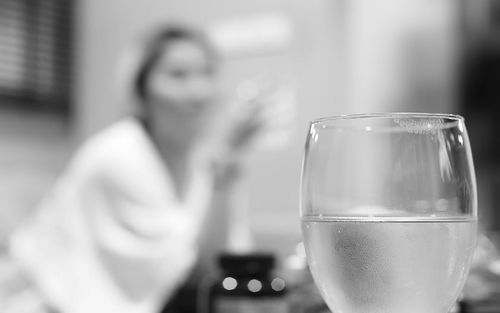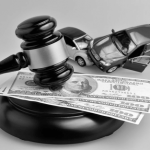In the Fall/Winter in North Dakota, many house and tailgating parties are taking place, with Bison football and Halloween, Thanksgiving, and Christmas parties taking place throughout Fargo and North Dakota. Very few people realize, that in hosting that party, there is potential liability for providing alcohol to folks who are under 21, incompetent, and/or “obviously” intoxicated, should that person later injure or kill someone. This is referred to as “dram shop liability” under the law. When most people hear that term, they may think it is only liability that applies to bars, restaurants, or other entertainment venues, but in North Dakota, there is also liability that can attach to a “social host.”
Let’s first start with the law. North Dakota Century Code § 05-01-06.1 creates a cause of action for claims for injuries or death that result from intoxication. While the text of the statute is more involved, boiled down to its most basic form it allows anyone who is injured by an obviously intoxicated person to pursue damages against any person who “knowingly disposes, sells, barters, or gives away alcoholic beverages to an individual under twenty-one years of age or to an incompetent or an obviously intoxicated individual.” In addition, if death ensues, that claim is allowed to be brought by the survivors of the person(s) who died.
Now, this clearly applies to restaurants/bars and the like; however, the North Dakota Supreme Court has also held that the statute extends to “social hosts.” In Born v. Mayers, the North Dakota Supreme Court answered a certified question from the United States District Court for the District of North Dakota. Without getting into the weeds too much, that means that the Federal Court was deciding a question of North Dakota law, and was asking the North Dakota Supreme Court for advice as to what the law in North Dakota on dram shop liability meant.
In the Born case, the Federal Court asked two questions: (1) does the North Dakota Statute on dram shop liability “create a right of action against a party not engaged in the business of selling intoxicating liquor, who gives another an intoxicating liquor as an act of hospitality or social courtesy”, and (2) does the North Dakota Statute on dram shop liability “create a right of action against a party not engaged in the business of selling intoxicating liquor, who gives another an intoxicating liquor without direct pecuniary gain, but nevertheless in an attempt to promote business goodwill?” The answer to both of those questions was yes.
In Born, Jason Born was the owner of a bar in Rogers. While at the bar, one of the customers (Mayers) purchased a drink for a gentleman (Fuglestad) on behalf of his employer (the local elevator) in an effort to build goodwill for the company. Later that night, Born, Mayers and Fuglestad went back to Mayers’ house (provided by the elevator), and an altercation ensued when Born called Fuglestad out for his unpaid bar tab. Fuglestad struck Born, and the next morning Born suffered a stroke. As a result, both Mayers and the elevator were sued under the dram shop act. The importance of this case is in that the Court stated, “[t]he language [of the dram shop statute] could not be more clear that the claim for relief is against anyone, without limitation, who knowingly commits the prohibited conduct.”
What does this mean? Well, it means that if you are providing drinks in a social setting to someone who is underage, incompetent, or obviously intoxicated, you may be held liable if they later hurt someone. There are some safeguards (which the Court discussed), which are that the social host has to “knowingly” provide the alcoholic beverage. So if your teenage son’s friend sneaks a six-pack out of your fridge and you had no reason to know it would happen, you are probably not going to be held liable. Additionally, “obviously intoxicated” is something that will have to be proven to the jury. If there is testimony that the person was stumbling all over the tailgate area or the house, and continued to be provided alcohol, that may be a problem. But if there are witnesses who say they only saw “John” have one and that he appeared fine, it is less likely a jury will convict you. Finally, the statute references liability under comparative fault, meaning the social host who is being sued will be able to argue that the fault of all other parties is what did this, not his or hers, which could significantly limit responsibility for any damages.
In short, it is important to be careful when hosting a social gathering. Make sure people have rides home, or are simply not served any alcohol. BYOB is a possible defense since you are not serving them anything. Also, it is important to make certain not to provide alcohol to minors, as that appears to create liability for the mere fact they are underage should they injure someone. Again, each case would present unique facts that may change how the Court or a jury would view it. Just keep in mind, it is possible to be held liable, so take steps to avoid any issues.
The information contained in this article and on this website is for informational purposes only and not for the purpose of providing legal advice. You should contact an attorney to obtain advice with respect to any particular issue or problem.










